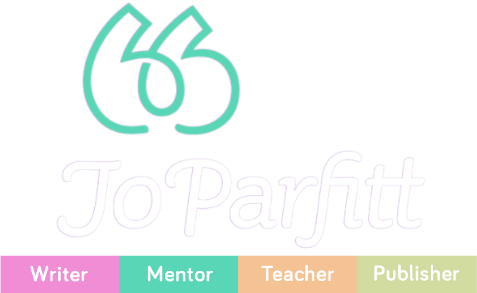20 tips for writing an expat memoir for our book award
There are now just three months to go until entries close for our book award in memory of Lindsay de Feliz, our much-loved author, here at Summertime Publishing and Springtime Books.
We are only asking for the first three chapters and an outline, so come on, use the lockdown to get started on your story.
20 tips to get you started:
- A memoir is like fiction, it needs to be written as if it were a novel.
- You need pace, plot and people, real characters that leap off the page.
- Just because it happened to you does not mean that it needs to be included in the book.
- You don’t have to start at the beginning. You can start at the moment just before a turning point and then flash back as far as you need to go. Try not to chop around the timeline too much.
- Read other memoirs in this genre and see how they are put together, analyse the plot, characterisation and the story arc.
- Novels tend to have a main theme and then a few underlying themes, each with their own plot. If your memoir is to compel the reader they need to care about the hero/heroine.
- Readers like to do a bit of work themselves so you don’t need to describe every scrap of every scene or every feature on a person’s face.
- Use names, even if they are pseudonyms. Readers need something to hang onto and names are very useful.
- Novels often end chapters on a cliffhanger. Memoirs too.
- We don’t need to know what you had for breakfast – unless it’s relevant.
- The ability to cut your work may be your best asset.
- Your final work should ideally be between 50,000 and 80,000 words.
- Attend my In Conversation interview with Anne Rainbow of Red Editing Pen on 7th May to learn some tricks about editing your own work or catch it on YouTube later.
- Show – don’t tell, of course.
- Paint a picture with your pen.
- Remember to use all five elements of SPICE and if you don’t know what that is visit my Writers’ Tools and watch the recording of the webinar.
- Get some feedback before you submit your entry.
- Check your layout, spelling and grammar. Even silly errors will put the judges off.
- A good memoir hangs on its voice. Know your writers’ voice and embrace it.
- Read your work aloud. If your tongue trips up you’ll know you have some editing to do.
The award submissions window is open until the end of July 2020
Good luck!

